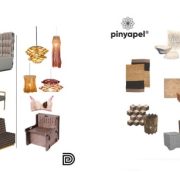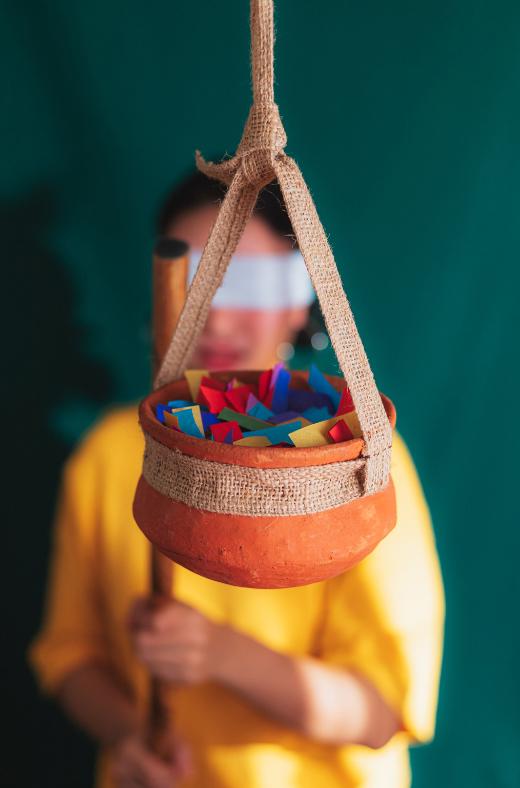
The Design Center of the Philippines will be launching projects geared toward circularity and centered on two materials at the Sustainability Solutions Exchange (SSX), happening from 23 – 25 March 2022.
Under the creative direction of OneOfT CEO Tony Gonzales, 32 collaboration partners designed artisanal and industrial applications of pinyapel, in the hope of showcasing the positive impact of an otherwise wasteful material, specifically in terms of closing the loop in the Philippines, which still has a linear system of production and design. Meanwhile, Carlo Delantar, Circular Economy Pioneer at the Ellen MacArthur Foundation, worked as Creative Director with 29 collaborators and the Design Center on product development and design to explore applications of the native material bakong.
As a top pineapple producer in the global market and the largest producer in Asia, the Philippines has a wealth of opportunities that it can leverage when it comes to pineapples. The Design Center materialized this through pinyapel, an innovative take on pineapples which also addresses the gap in paper-production demands in the Philippines and the livelihood of farmers, manufacturers, and converters.
On the heels of its Design & Art Direction (D&AD) recognition in 2019, pinyapel will once again be spotlighted, this time in various iterations on a local platform. In the dedicated digital space during the run of SSX, new applications of pinyapel will be available for viewing.
“Fiber is one of the products of the future. It can also give a lot of opportunities to people along the chain—from farm to product. This is a big part of sustainability; if we use this material, we won’t be calling it ‘waste’ anymore,” Gonzales says. “I always believe good design sells. It’s not only because of the designer designing something very nice . We should also design life.”
The Design Center is also slated to launch bakong-derived designs, particularly from the indigenous plant’s stem, twine, fiber, and strips. Collaborations ranged from material processing, conversion, and product application, involving a community of emerging and established designers, FabLabs, MSMEs, the private sector, and government agencies.
“Altum, much like Design Center, anchors itself in values and puts innovation and responsible design to the fore,” Delantar notes. “Design embodies how a material can be applied to industries–this is where both our organizations blend well towards a circular economy.”
Design Center Executive Director Rhea Matute meanwhile adds that material innovation and circular design have been core to the work of the agency. “Given our current times, it’s become imperative now more than ever to empower and equip our country’s design ecosystem, so that they too can help in the creation of and subsequent push for the Philippine design agenda,” she adds.
The Sustainability Solutions Exchange is a digital trade event organized by the Center for International Trade Expositions and Missions (CITEM), which aims to promote sustainable products and solutions to enable businesses to transition towards green growth.
The Design Center and CITEM are both under the Trade Promotions Group (TPG) of the Department of Trade and Industry (DTI).






